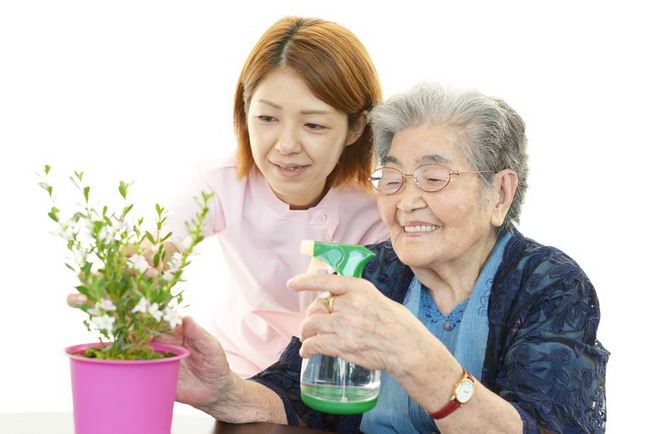Not only pregnant women who have taboos, it turns out that there are also taboos for breastfeeding mothers. It is necessary to pay attention to the taboos of breastfeeding mothers to prevent the effects of breast milk (ASI) given to babies.
If the taboo for breastfeeding mothers is not followed, it can pose a risk to both mother and baby. To support a good breastfeeding process and for the sake of smooth breastfeeding, there are several things that breastfeeding mothers need to avoid.

Breastfeeding Mothers Should Avoid
Here are some taboos for breastfeeding mothers to pay attention to and avoid as much as possible:
- Cigarette
Breastfeeding mothers should not smoke because it can expose the baby to nicotine. Not only from the smoke released, nicotine is also likely to get into breast milk. Besides being able to cause health problems in infants, exposure to cigarette smoke can also increase the risk of sudden infant death syndrome. The possibility of the baby experiencing nausea, vomiting, stomach cramps, and diarrhea can also occur because breastfeeding mothers smoke. Smoking during breastfeeding can also cause reduced milk production.
- Alcoholic beverages
When breastfeeding mothers consume alcoholic beverages, these substances can pass into the breast milk given to the baby. The aroma and taste of breast milk will change. This will affect the pattern of milk consumption by the baby, as well as affect the baby's sleep pattern. In addition, a study proves, beer can reduce milk production, because beer inhibits the reflex to express milk (milk ejection reflex) when the baby sucks on the nipple.
The amount of alcoholic beverage intake that can still be tolerated is 10-20 milliliters or 8 grams of pure alcohol contained in drinks per week. Wait about two hours after consuming alcoholic beverages before breastfeeding. Even so, it would be safer if breastfeeding mothers really abstain from consuming alcoholic beverages.
- Fish with high mercury content
Although the nutritional content of fish is high, almost all fish contain mercury. This pollutant is very dangerous because it is toxic to the body's nerves. Fish that are at the top of the food chain in the marine ecosystem will prey on other marine animals, including small fish which also contain mercury. These fish are generally higher in mercury. Among them are tuna, swordfish (swordfish), and sharks.
For salmon, tuna, shrimp, or other types of fish that are classified as low in mercury content, it should be consumed only about two times per week.
- Certain fruits and vegetables
Some types of fruit and vegetables are thought to trigger allergies and make babies fussy, so they are taboo for breastfeeding mothers. For example beans, soybeans, wheat, corn, onions, and cabbage. In addition, some breastfeeding mothers complain of the effects of fruits such as lemons, limes, strawberries, kiwis, and pineapples. Also vegetables such as broccoli, cucumber, pepper, garlic, and cinnamon seasoning.
If the baby shows symptoms of allergies, such as diarrhea, eczema, respiratory problems, it is possible that this occurs as a reaction to the food consumed by the nursing mother.
To know for sure, keep a diary of the food and drink of breastfeeding mothers. If the baby shows a reaction, avoid the food for some time. However, it is not necessary to design a special diet. Most importantly, choose foods and drinks that can nourish the mother and baby.
- Caffeine
Caffeine does not only come from coffee, but also tea and cola drinks. Caffeine taken by nursing mothers will pass into breast milk, so there is a possibility that it can cause the baby to stay awake. While there is no definitive evidence that caffeine causes problems, some mothers link caffeine consumption to symptoms of colic, or sleeplessness in babies.
- Herbal medicine
Medicines consumed by breastfeeding mothers should be consulted with a doctor first, including herbal medicines. Until now, some herbal medicines are still uncertain about their safety and possible side effects.
Prohibition of breastfeeding mothers should be considered carefully. If there are difficulties during breastfeeding, consult a gynecologist for appropriate treatment.









